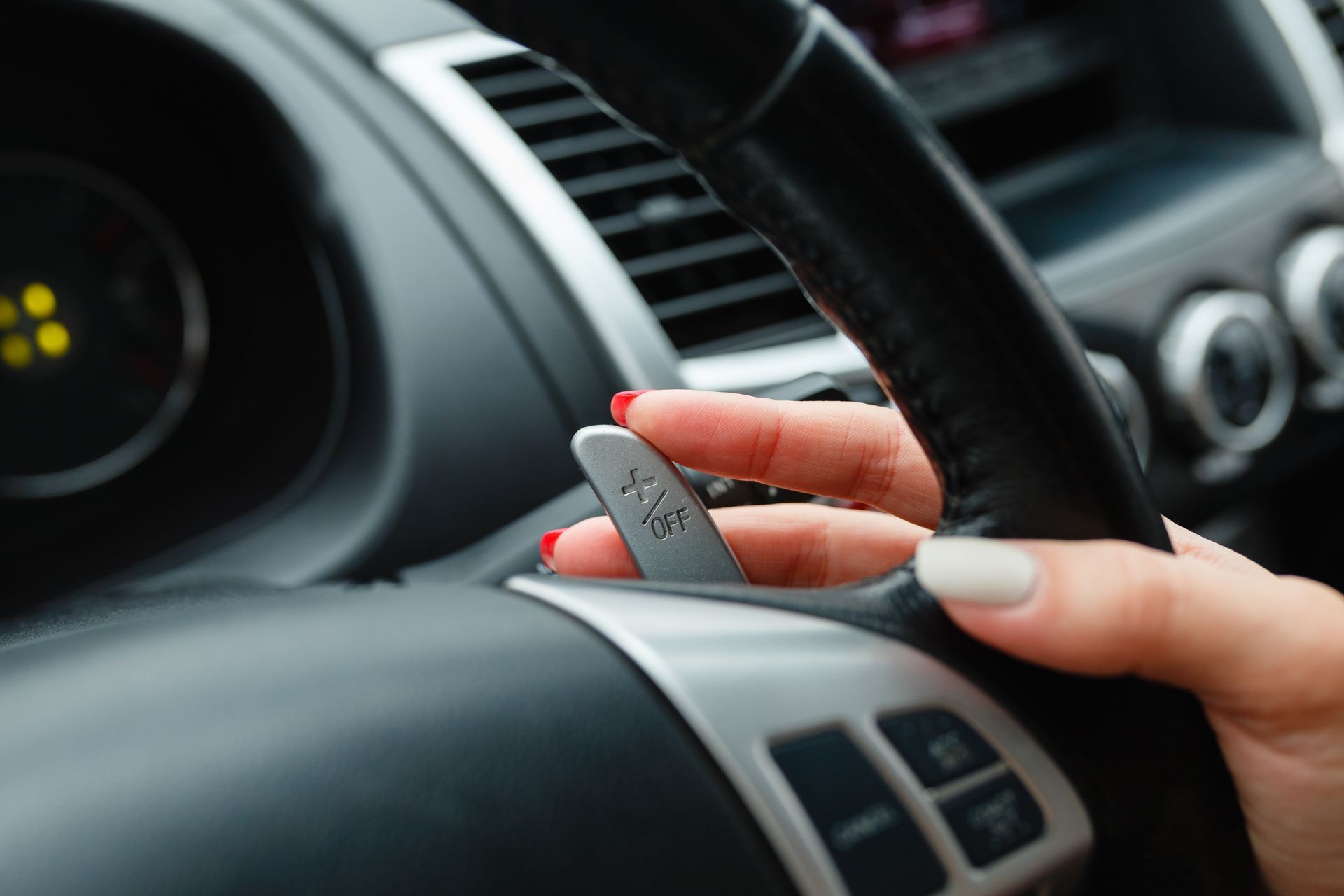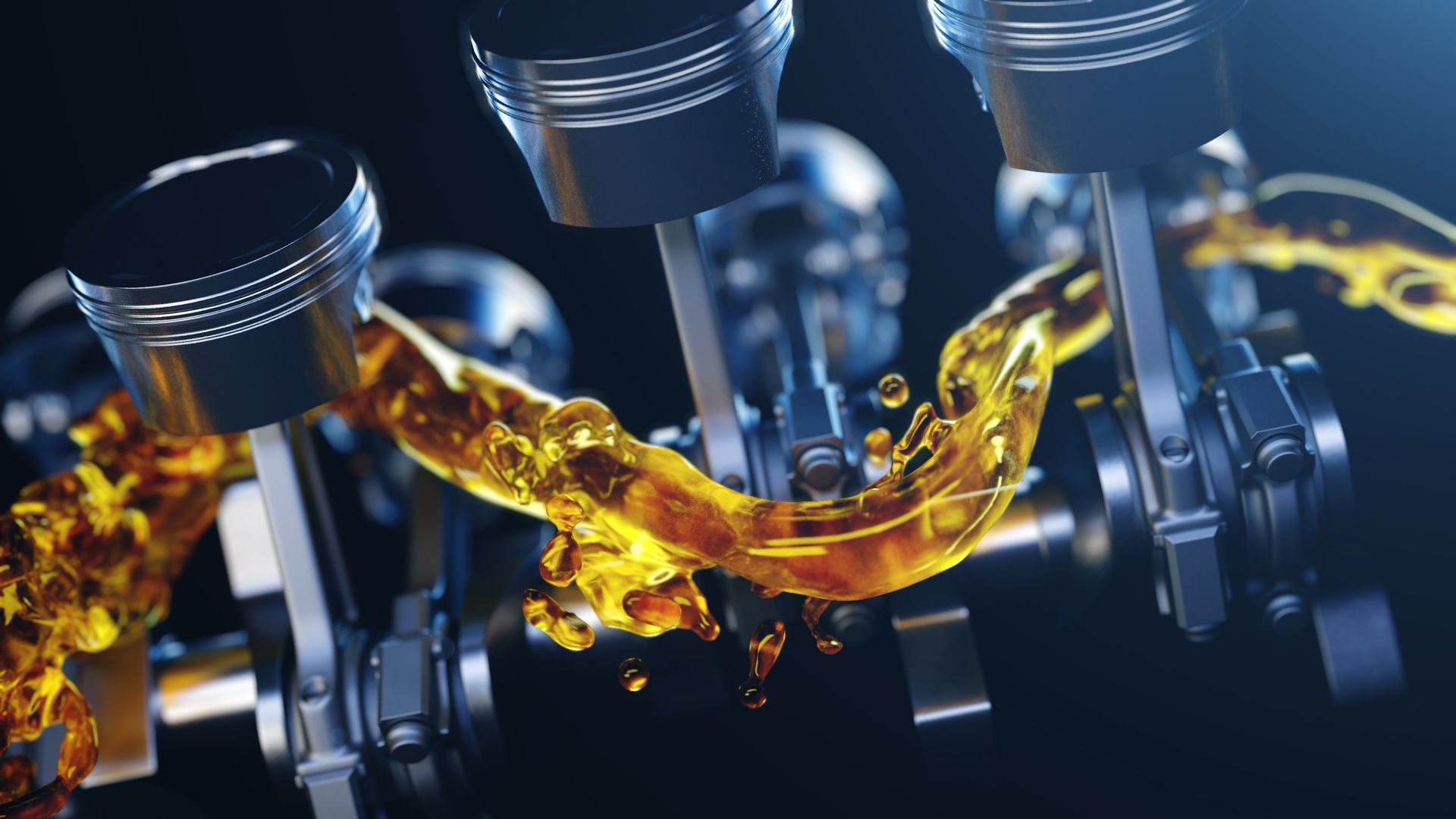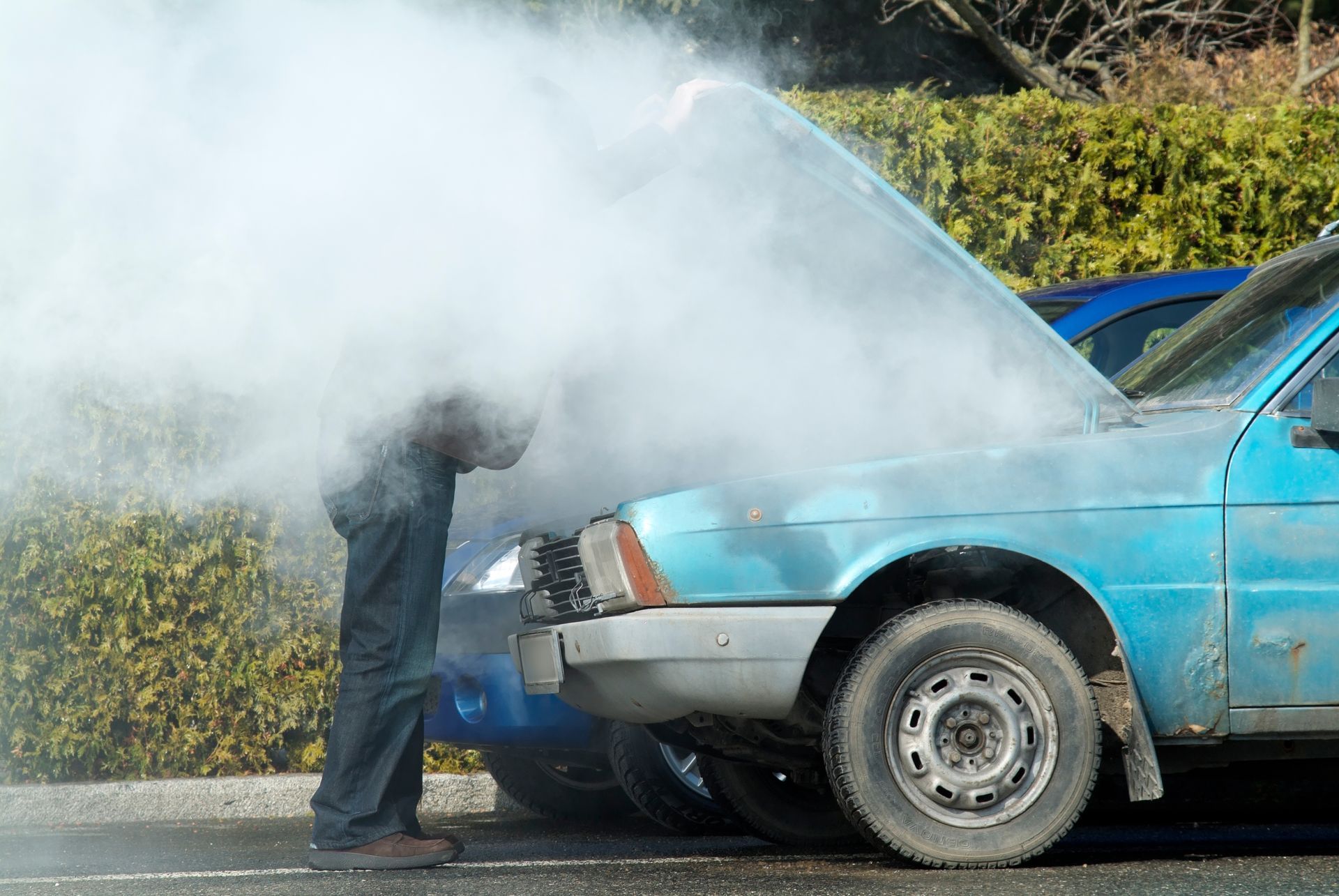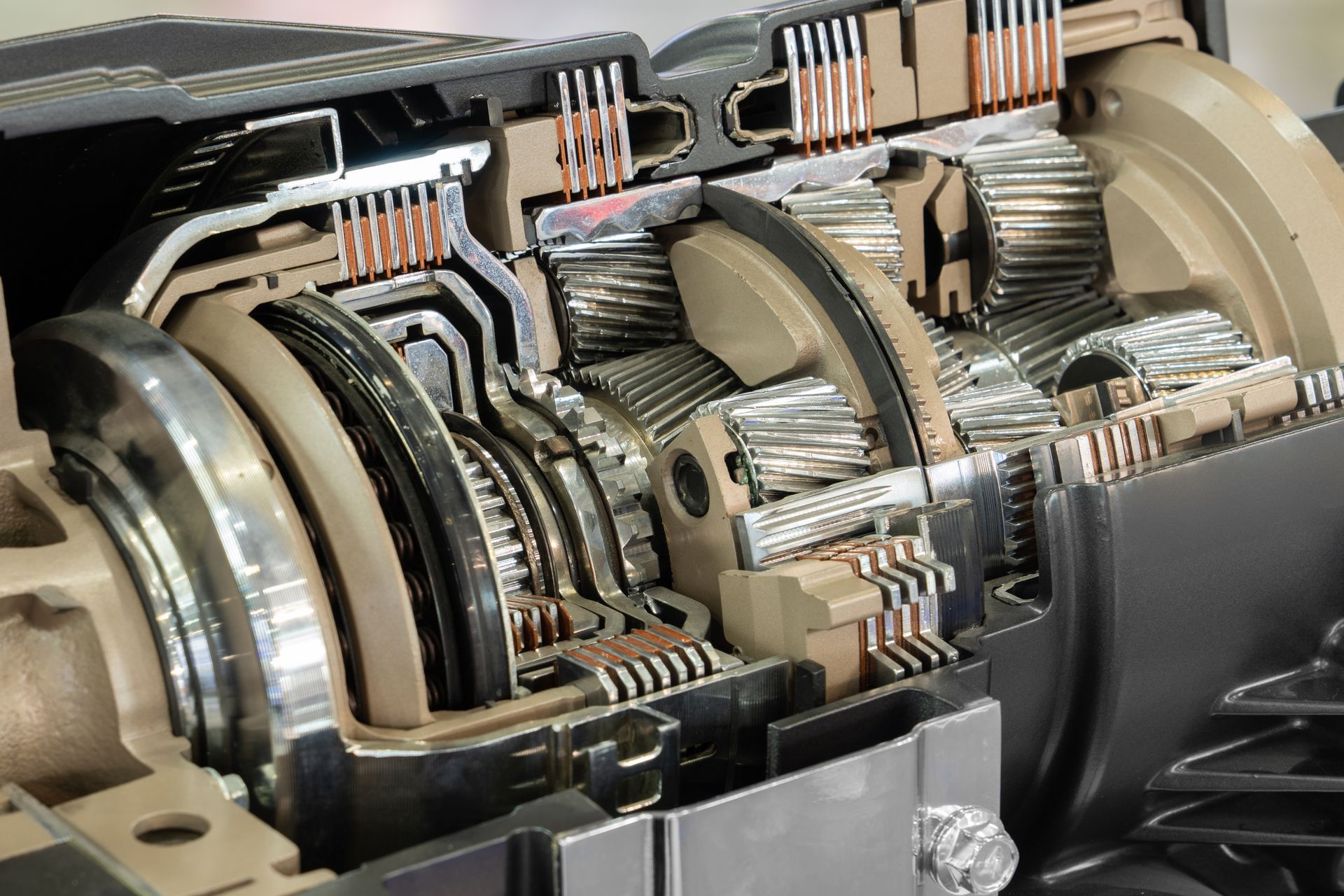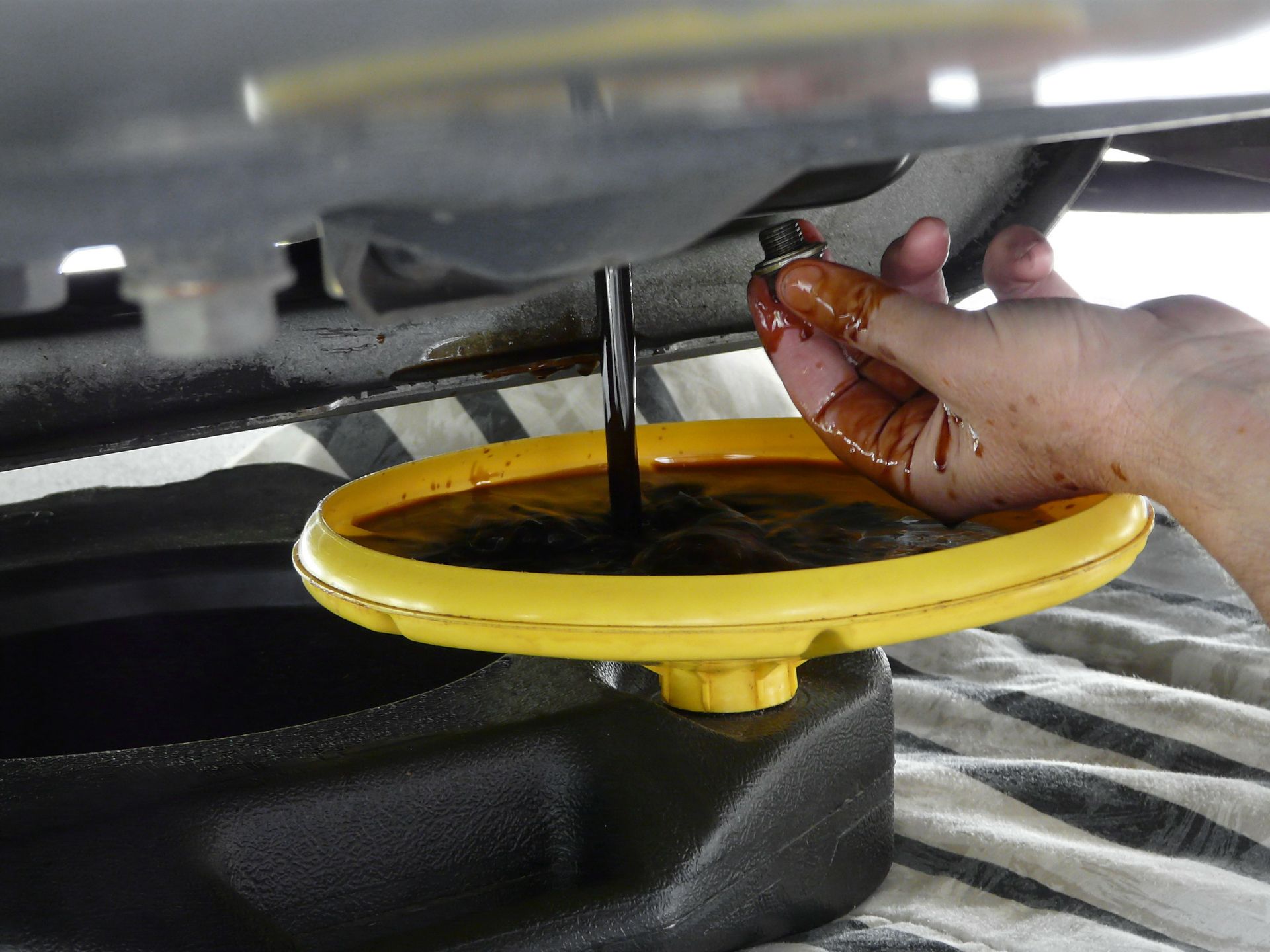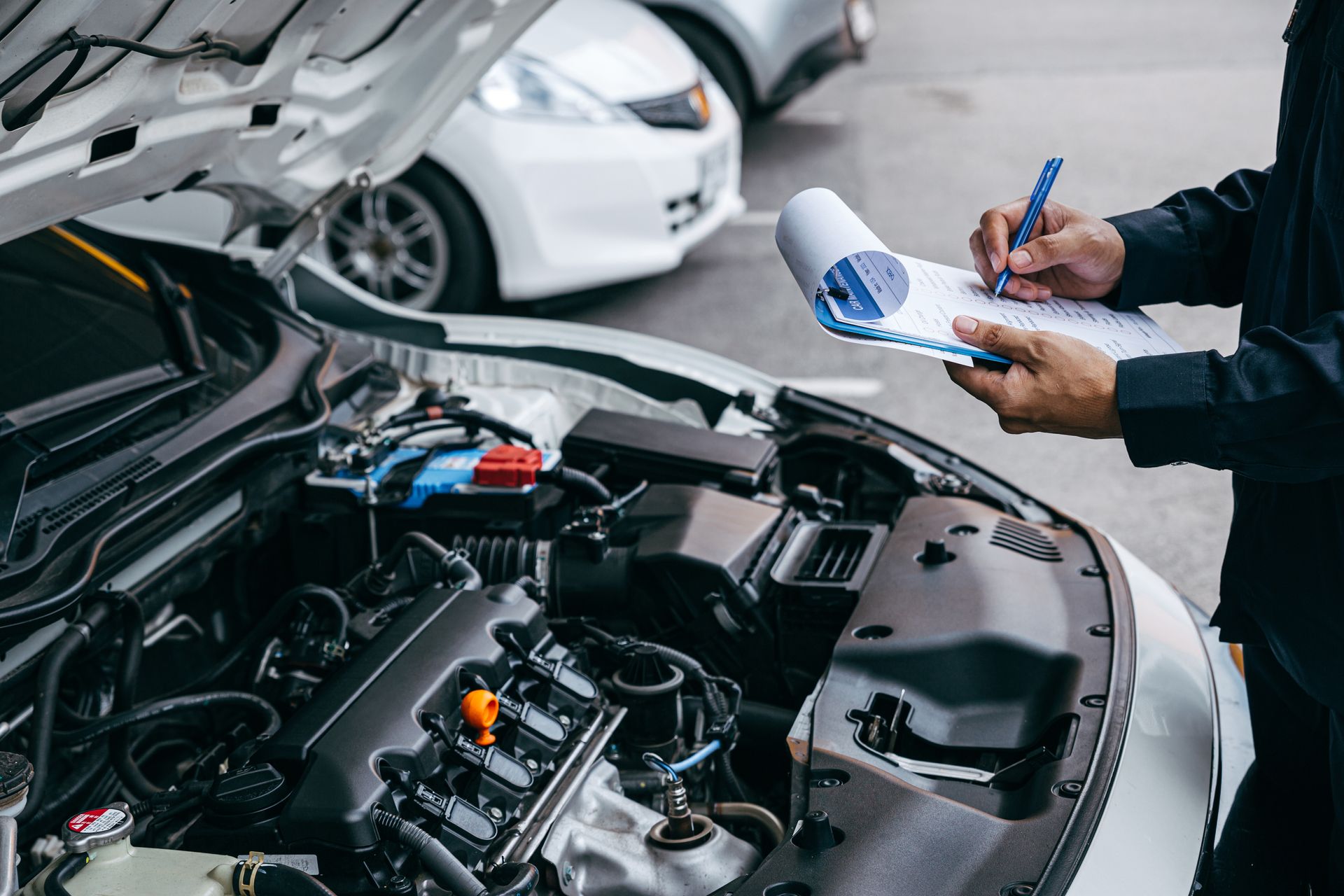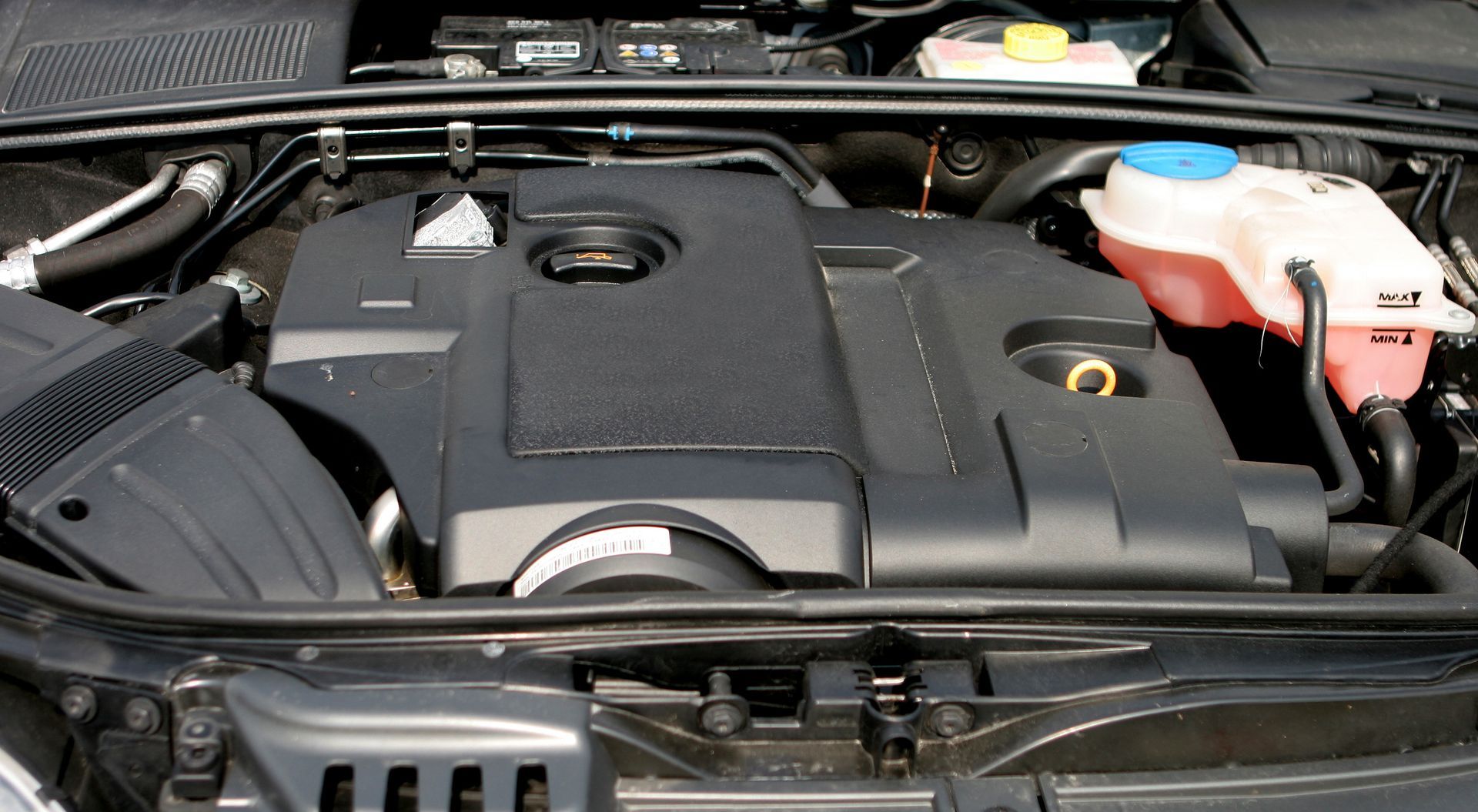When you start your car on a cold morning and notice it idling unevenly or shaking slightly, you might shrug it off as a normal quirk of colder weather. But a rough idle during cold starts can be a sign that something in the engine isn't operating as it should.
Cold starts are especially demanding on engines. Until the engine reaches normal operating temperature, components aren't fully expanded, oil hasn't circulated completely, and sensors are still adjusting to provide the correct fuel and air mix. If something is even slightly off, it shows up right away as a rough or unstable idle.
Let’s explore what causes this behavior and why it's important not to ignore it.
Cold Engines Require Precise Conditions
When your engine is cold, it needs a richer air-fuel mixture to compensate for fuel that doesn’t vaporize as easily at low temperatures. That means the engine control module adjusts timing, fuel delivery, and idle speed to help the engine warm up smoothly. But this process relies on accurate data from multiple sensors.
If even one of those sensors sends incorrect signals or responds slowly due to age or wear, your engine may idle too low, surge, or run unevenly until it warms up. In most cases, these problems disappear after a few minutes, but that doesn't mean they’re harmless.
Common Causes of Rough Cold Idle
Several components can contribute to rough idling when the engine is cold. Some of the more common culprits include:
Dirty or Failing Idle Air Control Valve
The idle air control (IAC) valve adjusts airflow when the throttle is closed. If it sticks or gets clogged, airflow becomes inconsistent, which can cause fluctuating idle speed or even stalling.
Worn Spark Plugs or Ignition Coils
Cold temperatures make it harder for the spark to ignite the fuel mixture. If spark plugs are worn or an ignition coil is weak, the combustion process may misfire or hesitate during startup.
Vacuum Leaks
Cracked or brittle vacuum hoses can allow extra air into the intake system. This unmeasured air leaks out of the mixture, especially during warm-up when the engine needs more fuel, not less.
Faulty Coolant Temperature Sensor
This sensor tells the computer how cold the engine is. If the reading is inaccurate, the computer may provide the wrong amount of fuel during cold starts, leading to rough idle or stalling.
Carbon Buildup in the Throttle Body or Intake
Over time, carbon deposits form inside the throttle body and intake valves. This buildup restricts airflow and can throw off the balance needed for a stable idle, particularly when the engine is cold.
When Rough Idle Becomes a Problem
A little bit of vibration or a short period of uneven running when cold isn't always a major issue, especially in older vehicles. But if the rough idle lasts more than a minute or two, worsens over time, or causes the check engine light to come on, it's time for a closer look.
Left unaddressed, the underlying causes of rough idle can lead to bigger problems. Misfires, poor fuel economy, increased emissions, and premature wear on sensors and spark plugs are all possible outcomes of ignoring the symptoms.
You may also notice harder starts, reduced power, or hesitation when accelerating. All of these signs suggest that your engine is struggling to maintain balance during the critical warm-up period.
Diagnosing the Problem Requires a Careful Approach
Because rough idle can come from several different sources, diagnosing it accurately requires more than just a guess. Technicians usually start with a scan for diagnostic trouble codes, followed by a hands-on inspection of components like the throttle body, IAC valve, ignition parts, and vacuum hoses.
In some cases, simple maintenance like replacing spark plugs or cleaning the throttle body resolves the issue. In others, the solution might involve replacing a sensor or tracking down a small vacuum leak that only affects cold operation.
Keep Cold Starts Smooth with Marietta Auto Repair
If your car shakes or idles unevenly on cold mornings, it’s not just a seasonal annoyance. It could be a sign that something needs attention. At Marietta Auto Repair, we can inspect your engine, identify the source of the rough idle, and recommend repairs that keep your car running smoothly all year long.
Get ahead of the problem before it turns into a bigger issue. Schedule your visit and enjoy quieter, smoother starts, even on the coldest mornings.
